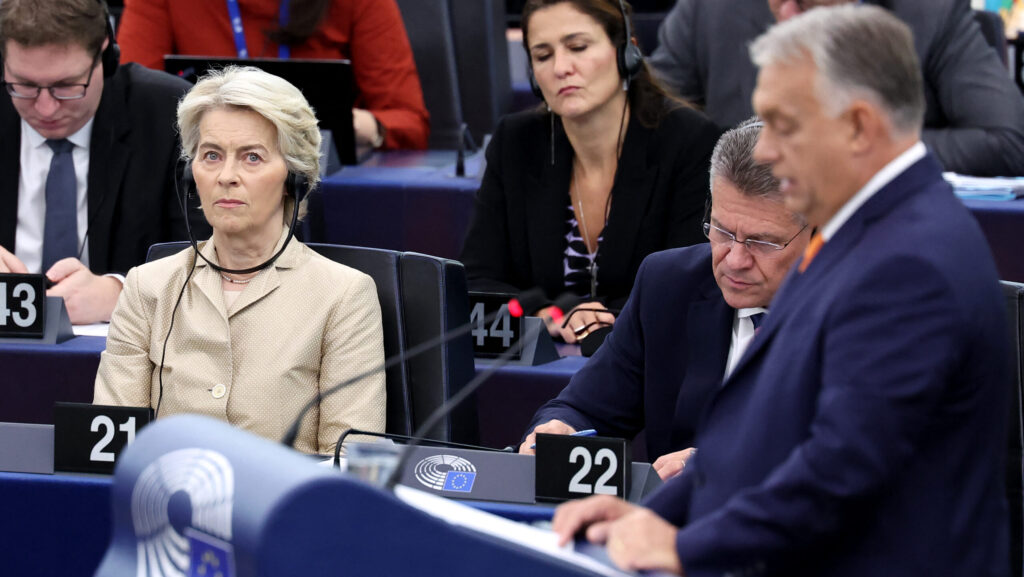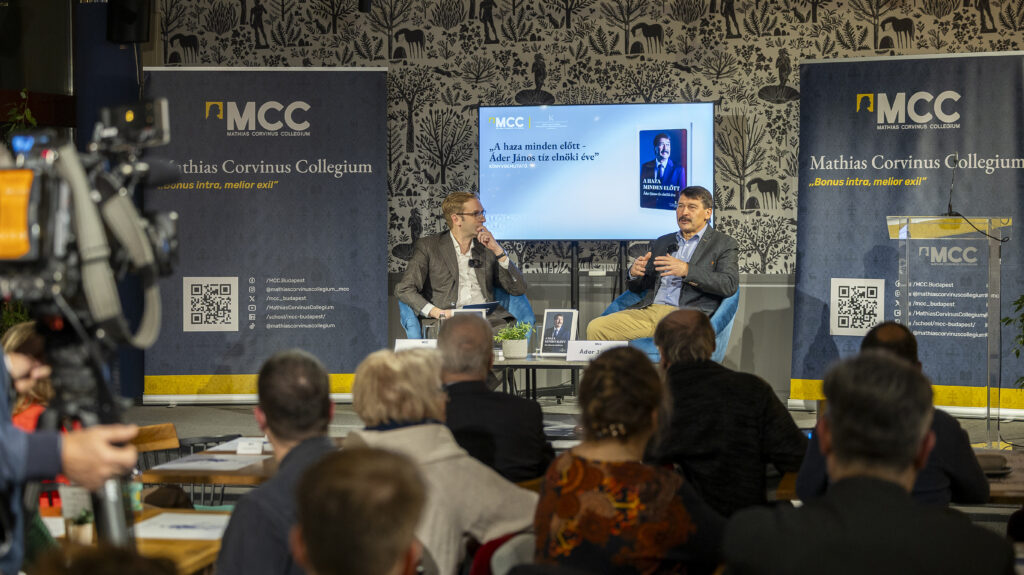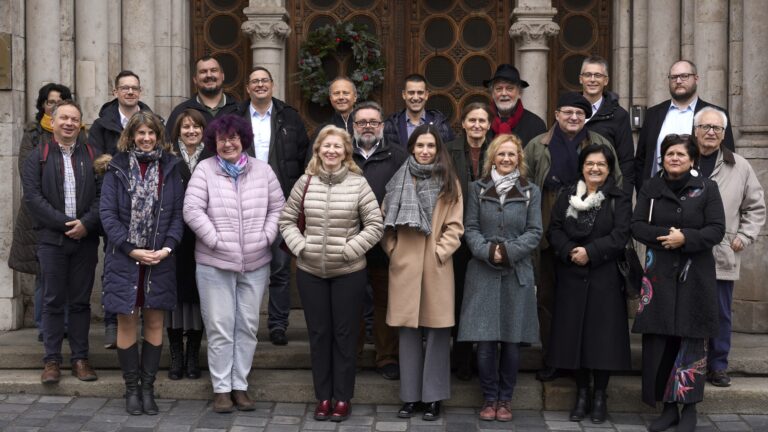Since 1992, World Breastfeeding Day has been observed globally on 1 August. This day marks the beginning of World Breastfeeding Week, which is celebrated worldwide. Due to the positive effects of breastfeeding on infants experts recommend exclusive breastfeeding for the first six months, followed by continued breastfeeding alongside complementary foods at least until the child is one year old.
Held annually from August 1 to 7, World Breastfeeding Week seeks to emphasize the substantial benefits that breastfeeding offers both for the infants’ health and wellbeing and for broader issues, including proper nutrition, poverty alleviation, and food security. However, the many demands on busy mothers can
sometimes prevent women from receiving the support needed to continue breastfeeding.
The pressures of work schedules and the various challenges faced by modern women can make breastfeeding seem like an inaccessible option, which is why support and raising awareness is necessary.
The event is organized each year by the World Alliance for Breastfeeding Action (WABA), an international network dedicated to protecting, promoting, and supporting breastfeeding worldwide. WABA collaborates with the World Health Organization and UNICEF to ensure that their efforts reach the right individuals and communities. Hence the theme of this year’s World Breastfeeding Week is ‘Closing the gap: Breastfeeding support for all’, stressing the importance of improving breastfeeding support in order to reduce health inequity and protect ‘the rights of mothers and babies to survive and thrive’ globally.
Overall, the purpose of World Breastfeeding Week is to increase awareness of the positive health outcomes associated with breastfeeding and the need to support mothers to be able to breastfeed for as long as they choose.
Related articles:







